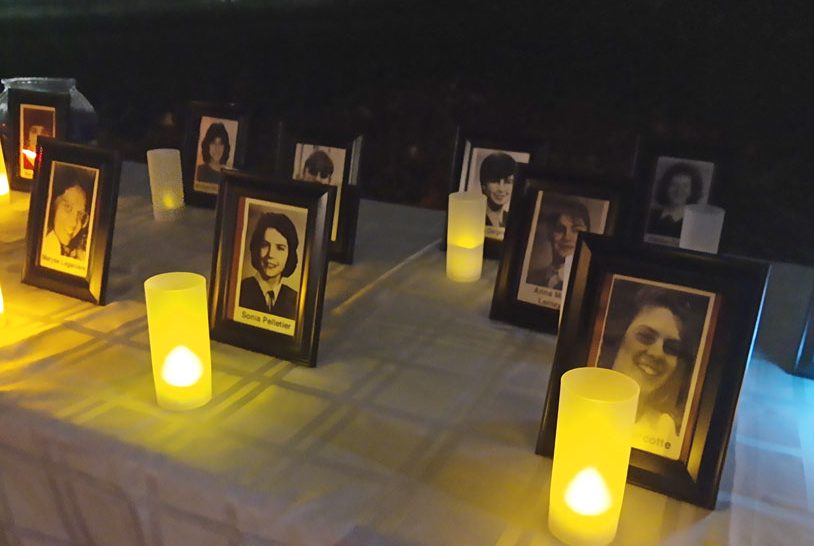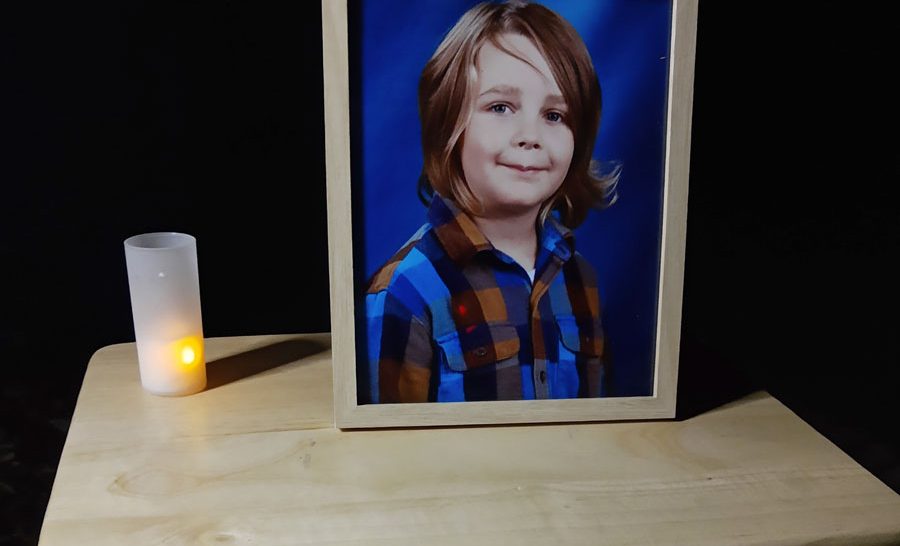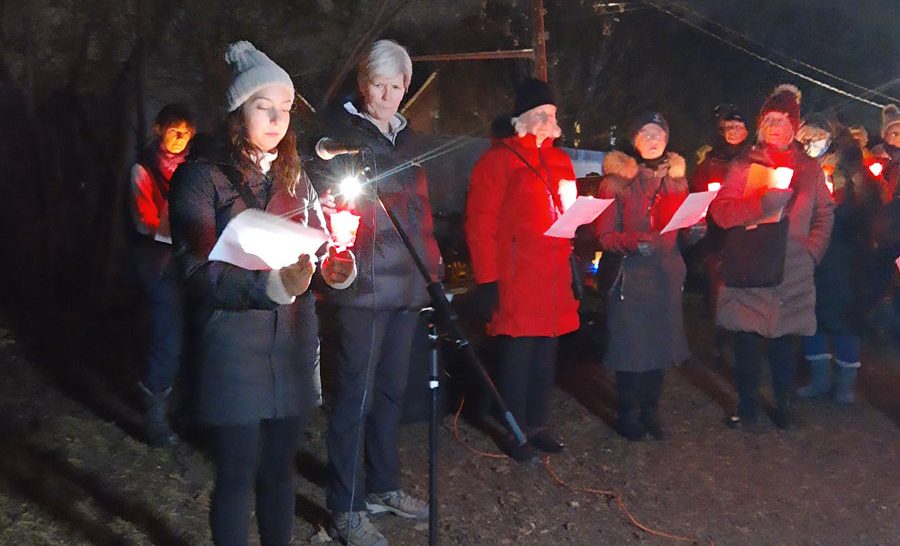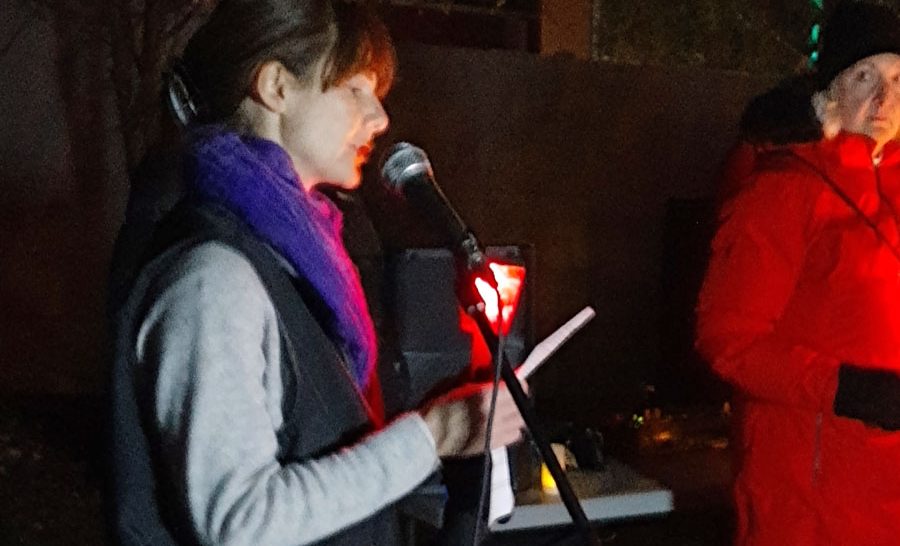GUELPH – On the evening of Dec. 6, about 50 people gathered in Marianne’s Park in Guelph to mark the National Day of Remembrance and Action on Violence Against Women.
It was a sombre event to remember the 14 women who were killed in a mass shooting at Ecole Polytechnique in Montreal in 1989.
As well, the names of the 62 women and children who were killed in intimate partner violence attacks in Ontario this year were also read out loud.
Thirty-four years ago, Women in Crisis Guelph Wellington (WIC) held its first vigil a few weeks after the mass shooting and they’ve held a vigil each year since.
WIC public educator Cindy McMann noted Guelph city council recently declared intimate partner violence an epidemic.
It’s good to acknowledge the fact that intimate partner violence is widespread, McMann said.
“It’s not useful to treat it like an anomaly,” she said adding that the escalation of femicide means it’s time “to reckon with the conditions that allow violence to thrive.”
Kate Osborne spoke of those conditions, too.
Her son Charlie was murdered by his father in May of 2022. She believes it was a way to harm her, which it certainly did.
“I was also murdered that day,” she said. “Charlie is gone and deeply missed.”
Charlie was found dead in his bed, she said, and his father was missing for five days before he was found dead, too.
Because the investigation was ongoing, no one called it a murder-suicide at the time. His church and community held a celebration of life for him, mourning only the loss of a man who died by suicide.
Osborne said she could not bear to hear people say what a great guy Curtis (Charlie’s father) was, and she felt betrayed by the community, which showed no support for her.
“It was a special kind of hell,” Osborne said. “I do not understand why Charlie’s body was not enough to show Curtis’ character.”
Osborne said abuse and violence is deeply engrained in our culture and when abusive men gain allies, it’s easier to see them as good and ignore the bad.
“It was easier for people to focus on Curtis’ suicide and not the murder-suicide,” she said.
“Curtis felt justified in taking Charlie’s life. He had dehumanized Charlie and he dehumanized me. Killing Charlie was about Curtis gaining power and control. This is extreme criminal behaviour.”
Osborne said she appreciates the people who organized and gathered for the vigil.
“This vigil looks violence in the face,” she said.
“Harm has a ripple effect,” McMann agreed. “But solidarity does too.”
Women in Crisis held several events over the 16 Days of Action, from Nov. 25 to Dec. 10, including the vigil.
For more information visit gwwomenincrisis.org.







